The Enduring Legacy of the Japanese Tennis Home Court Advantage
Related Articles: The Enduring Legacy of the Japanese Tennis Home Court Advantage
Introduction
With enthusiasm, let’s navigate through the intriguing topic related to The Enduring Legacy of the Japanese Tennis Home Court Advantage. Let’s weave interesting information and offer fresh perspectives to the readers.
Table of Content
The Enduring Legacy of the Japanese Tennis Home Court Advantage
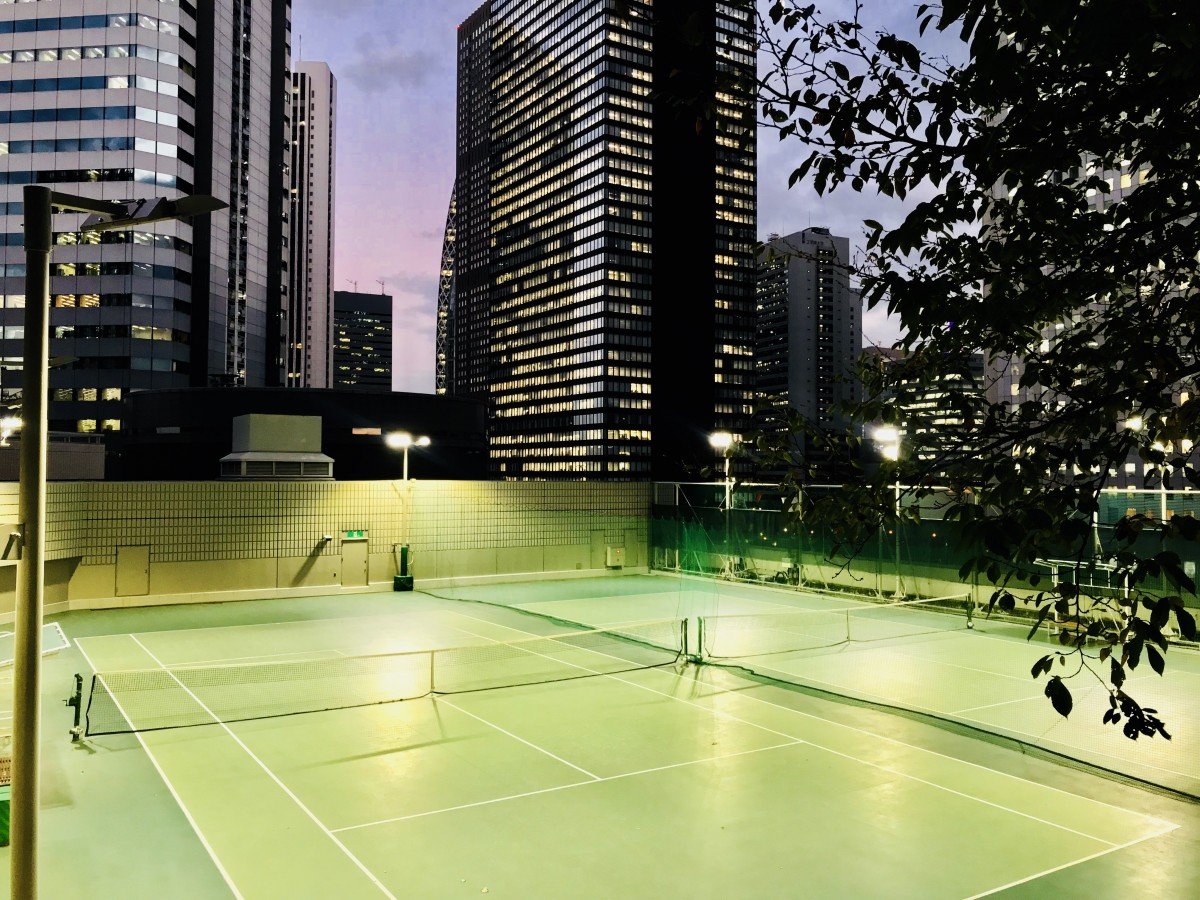
The concept of a "home court advantage" in tennis, while widely acknowledged, is often attributed to the psychological edge a player derives from familiar surroundings and supportive crowds. However, in the context of Japanese tennis, the term takes on a more nuanced meaning, encompassing a multifaceted phenomenon that has profoundly shaped the nation’s tennis history and continues to influence its present and future.
This "home court advantage" is not merely about playing on home soil. It represents a unique blend of cultural factors, historical context, and a collective dedication to the sport, culminating in a distinct environment that fosters the development and success of Japanese tennis players.
Cultural Foundation: A Nation Embracing Tennis
Japan’s affinity for tennis stems from its cultural landscape. The sport, introduced in the late 19th century, resonated with the Japanese emphasis on discipline, precision, and respect. Tennis courts, often found in public parks and schools, became accessible to a wide population, fostering a grassroots love for the sport.
This widespread participation, fueled by the country’s passion for organized sports and its appreciation for individual athletic excellence, created a fertile ground for talent development. The Japanese tennis landscape, unlike many others, is not dominated by a few elite academies or private clubs. Instead, it thrives on a vast network of public courts and community programs, nurturing a diverse pool of players from all walks of life.
Historical Context: The Rise of Japanese Tennis
The early years of Japanese tennis were marked by a gradual but steady climb. The first notable success came in the 1960s with the emergence of players like Iwao Nishimura and Fumiko Abe, who made their mark on the international scene. This early success ignited a national passion for the sport, paving the way for future generations of players.
The 1990s witnessed a watershed moment in Japanese tennis history. The rise of Kimiko Date, a charismatic and talented player, captivated the nation and inspired a new wave of aspiring tennis stars. Date’s success, particularly in Grand Slam tournaments, further solidified the home court advantage for Japanese players, instilling a sense of national pride and confidence.
The "Home Court Advantage" in Action: A Multifaceted Phenomenon
The Japanese tennis home court advantage manifests itself in several key aspects:
-
Supportive Audience: Japanese crowds are renowned for their passionate support and unwavering dedication. They fill stadiums with vibrant energy, creating an electric atmosphere that motivates players and intimidates opponents. This unwavering support, rooted in a deep-seated national pride, is a powerful motivator for Japanese players, providing an emotional boost that can be the difference between winning and losing.
-
Cultural Expectations: The Japanese society places a high value on discipline, hard work, and perseverance. These values, deeply ingrained in the national psyche, are reflected in the training and playing styles of Japanese tennis players. Their commitment to rigorous practice and unwavering focus on technical perfection contribute to their consistent performance and resilience on the court.
-
National Pride: The success of Japanese tennis players fuels a sense of national pride, creating a powerful emotional connection between players and fans. This shared pride manifests in the overwhelming support that Japanese players receive at home, creating a sense of belonging and responsibility to represent their nation with distinction.
-
Infrastructure and Resources: The widespread availability of public courts and tennis programs, coupled with the government’s investment in developing talent, has created a robust infrastructure that supports the growth of the sport at all levels. This commitment to fostering talent from a young age ensures a steady flow of skilled players, contributing to the overall strength of Japanese tennis.
Beyond the Court: The Impact of the "Home Court Advantage"
The Japanese tennis home court advantage transcends the boundaries of the court. It has had a profound impact on the nation’s sporting culture and has inspired a generation of young athletes to pursue their dreams. The success of Japanese tennis players has not only brought joy and pride to the nation but has also served as a powerful symbol of perseverance, discipline, and the pursuit of excellence.
FAQs about the Japanese Tennis Home Court Advantage
Q: How does the Japanese tennis home court advantage compare to other nations?
A: While many countries experience a home court advantage, the Japanese phenomenon is unique due to its cultural depth and historical significance. The blend of cultural values, passionate fan support, and a well-established tennis infrastructure creates an environment that is particularly conducive to player development and success.
Q: Does the Japanese tennis home court advantage translate to international success?
A: While the home court advantage plays a significant role in domestic success, it also influences international performance. Japanese players, having honed their skills and mental fortitude in a highly competitive domestic scene, are well-prepared to compete on the global stage.
Q: How does the Japanese tennis home court advantage impact young players?
A: The positive impact is significant. Witnessing the success of their compatriots inspires young players to pursue the sport with dedication and ambition. The widespread availability of public courts and coaching programs creates a supportive environment that encourages participation and skill development.
Tips for Maximizing the Japanese Tennis Home Court Advantage
- Embrace the Cultural Values: Understanding and embracing the values of discipline, hard work, and perseverance are crucial for players aspiring to succeed in the Japanese tennis landscape.
- Leverage the Fan Support: Players should acknowledge and appreciate the unwavering support of Japanese fans, using their energy as a source of motivation.
- Harness the Infrastructure: Take advantage of the vast network of public courts and coaching programs available in Japan to develop skills and refine technique.
- Embrace the National Pride: Representing Japan with pride and dedication is a powerful motivator for players, fostering a strong sense of purpose and responsibility.
Conclusion: A Legacy of Excellence and Inspiration
The Japanese tennis home court advantage is not just a fleeting advantage but a deeply ingrained cultural and historical phenomenon. It is a testament to the nation’s passion for the sport, its commitment to developing talent, and its unwavering belief in the power of hard work and dedication. This unique environment continues to shape the future of Japanese tennis, inspiring a new generation of players to strive for excellence and to represent their nation with pride. The legacy of the Japanese tennis home court advantage is one of enduring success, cultural significance, and a testament to the enduring power of a nation’s love for the sport.

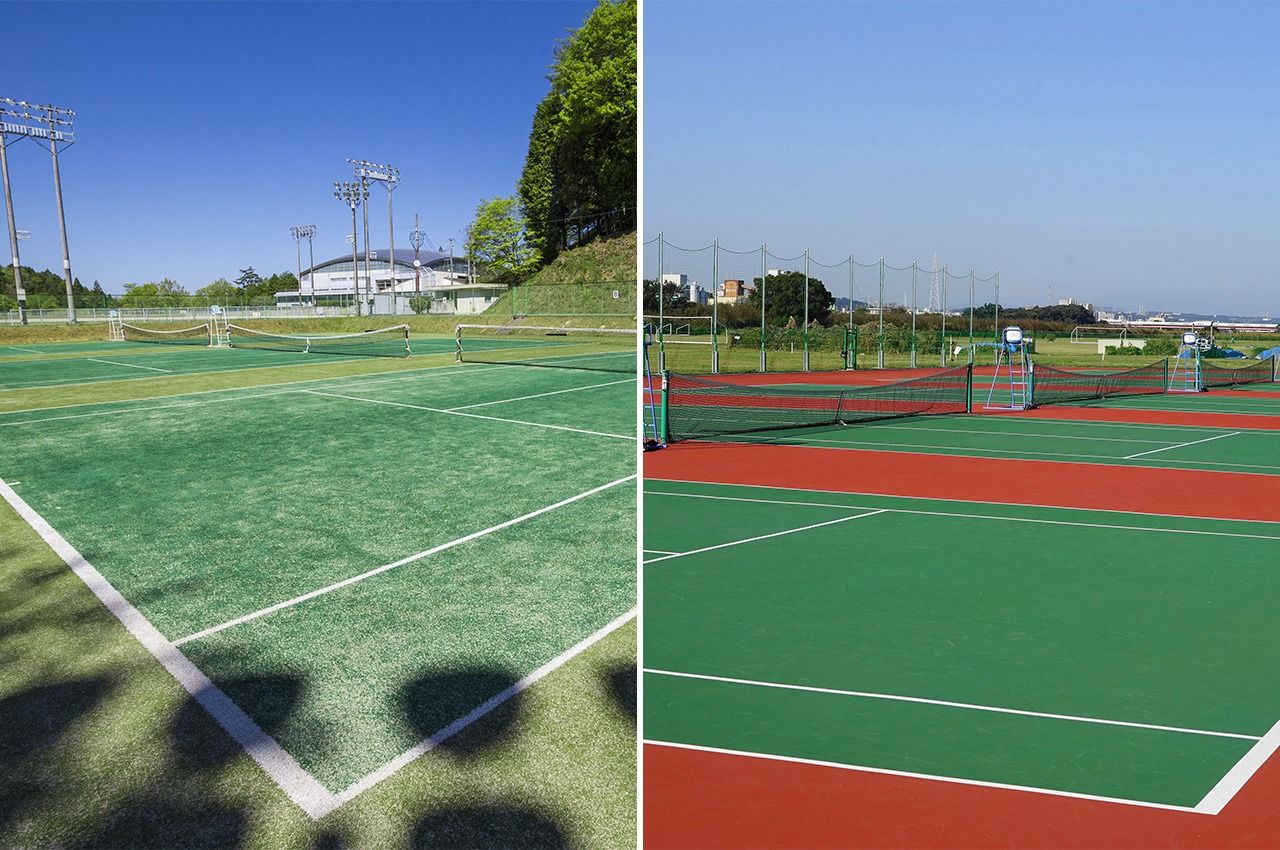
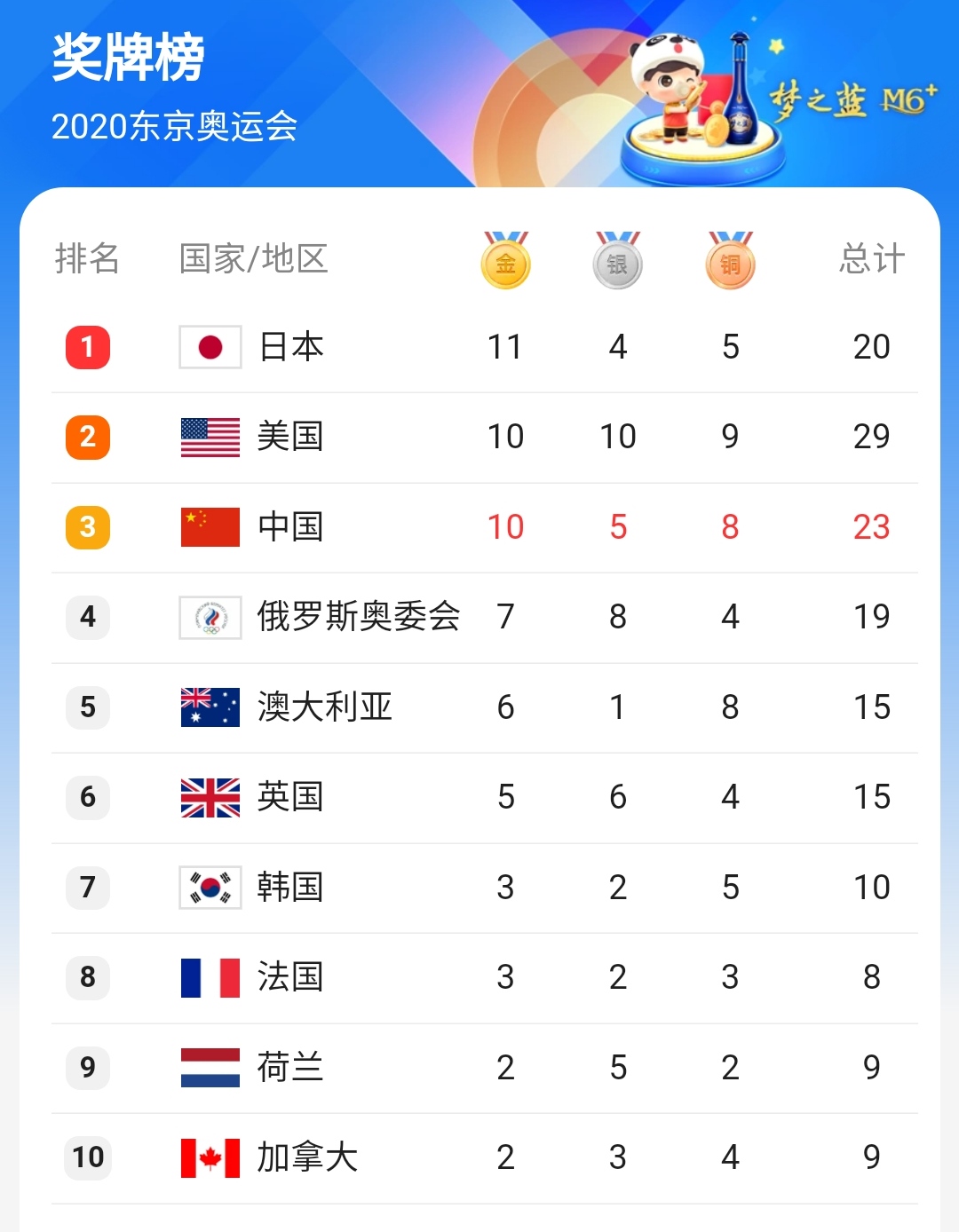
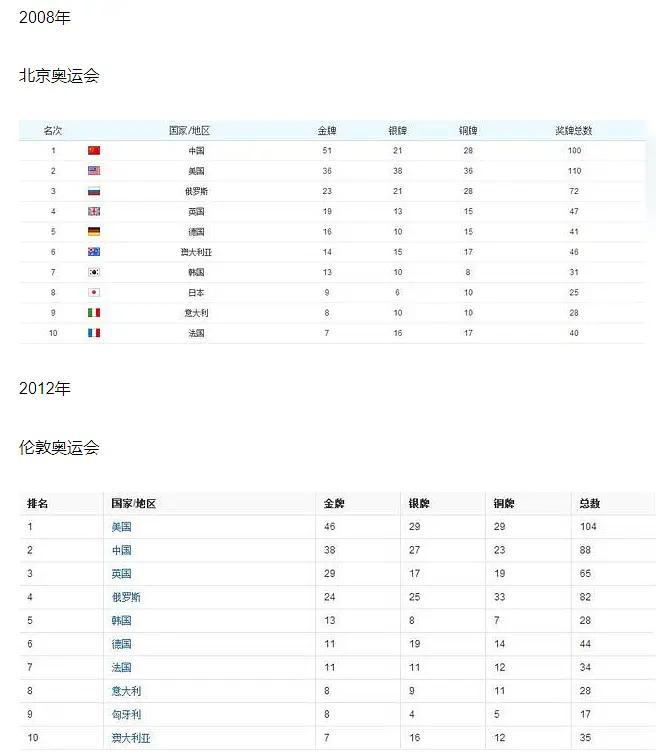
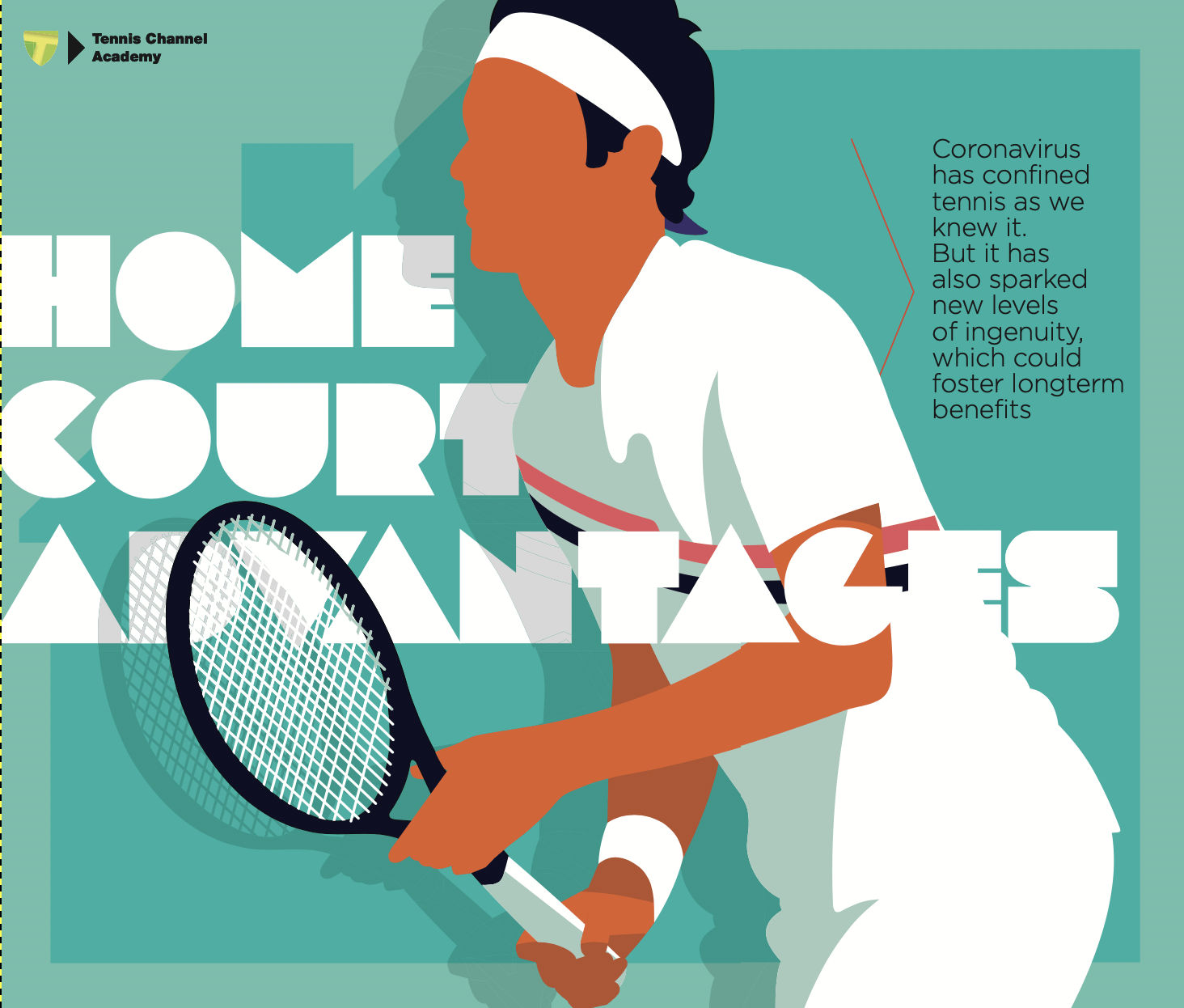

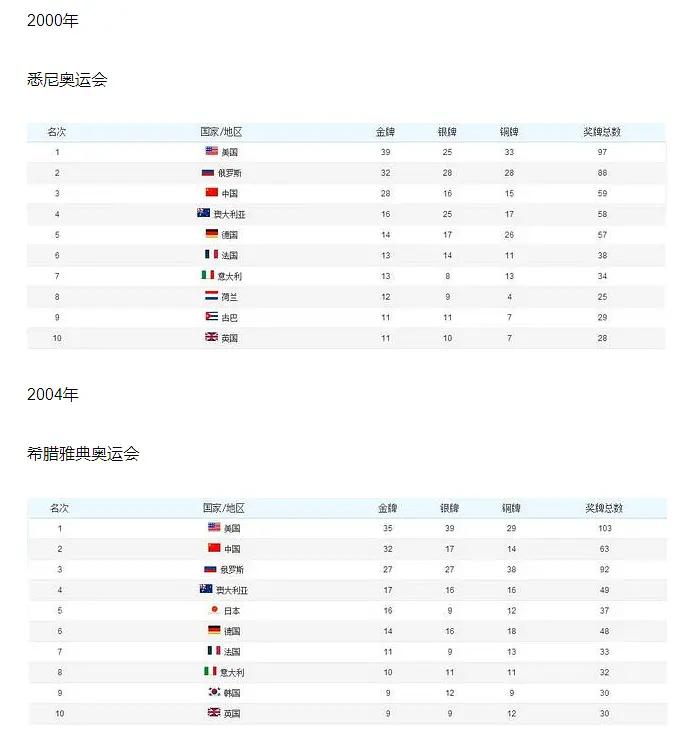
Closure
Thus, we hope this article has provided valuable insights into The Enduring Legacy of the Japanese Tennis Home Court Advantage. We appreciate your attention to our article. See you in our next article!
